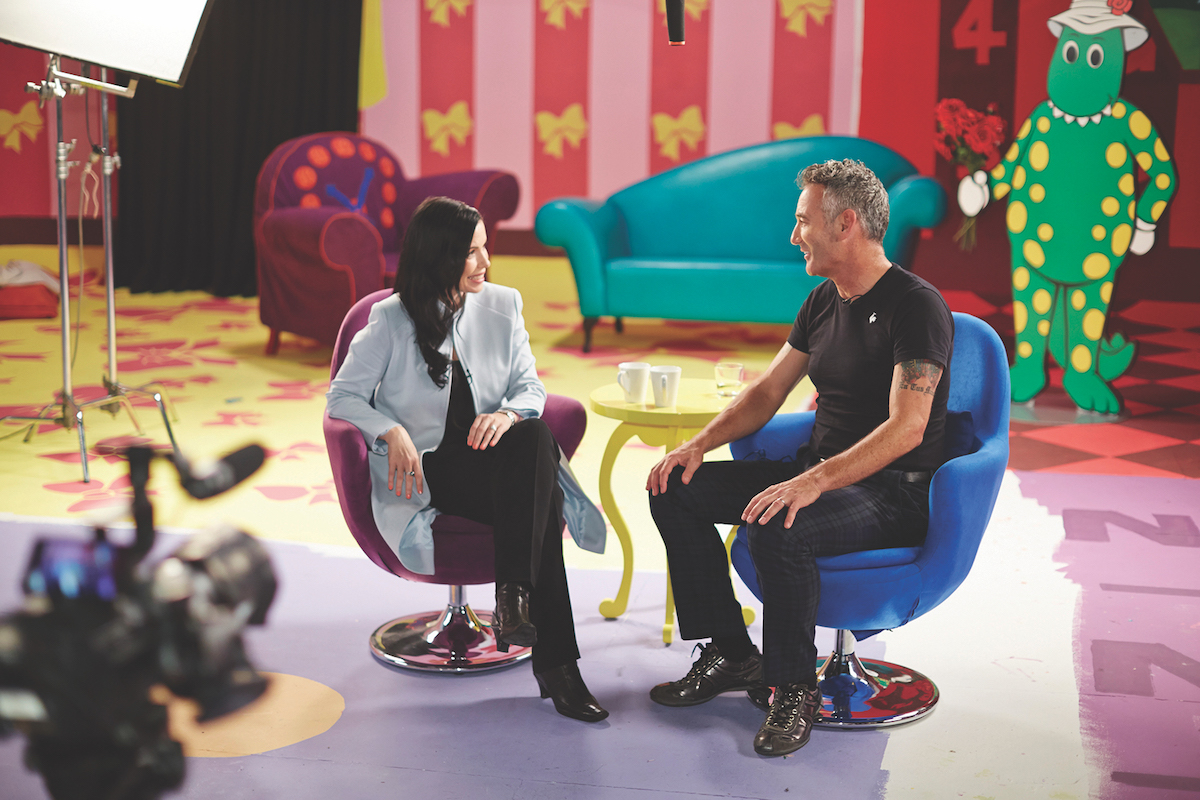Do you tell people how much you earn? Do you ask others? Do your children know the details of your financial situation? Is it talked about at the dinner table? Do you actively check your super?
Nine times out of 10, people will answer no to some or all of the questions. Talking about money is one of our last big social taboos – and the implications are affecting our future prosperity.
I’ve always been passionate about bettering the financial future of individuals, corporations and the country, which is why for the past 18 years I’ve been building businesses in the financial services industry to communicate complex information in an entertaining, easy-to-engage-with way.

What these businesses have taught me is that you can lead a horse to water, but you can’t make it drink. From school student to CEO, if you really want to learn about money – investing and wealth creation – there is a massive amount of free information available online.
From my experience, most people don’t learn for a reason, and much of that has to do with how we grew up and what we think we already know about money.
My theory is that people need to unlearn money before they can truly grow wealth. This is as true for a CEO earning a six-figure salary as it is for someone on minimum wage. Also, often the more you earn, the more you need to unlearn.
Once basic needs are met, there is a real opportunity to grow long-term wealth, but so much of the time many of us miss the real opportunity by prioritising short-term lifestyle.
From this theory, I have developed a model that I base my teachings on, which cover the five pillars of unlearning money that every person, and company, needs to follow. These pillars represent areas that need to be relearned from scratch today in order to better the financial situation tomorrow.
Five pillars of unlearning money
-
Desire
The ultimate trap of the Western world. This represents the things that we want, but don’t need. For an individual, this could be expensive clothes that hang in our wardrobe, cars and holidays; and for businesses, it could mean having an office in the most ‘exclusive’ part of town – all things that we can’t really afford but ‘have’ to have.
If you are paying for these things on credit, it’s usually an indication that you should not be buying them. Choosing desirable things that will have a long-term life span is an investment, whereas going after things that give pleasure for a while but then are no longer important can prevent you from reaching true financial independence.
-
Focus
A new report released by No More Practice Education with Griffith University suggests that up to 81% of generations X and Y may not retire comfortably. For so many of us, retirement seems a lifetime away, but accumulating wealth to the tune of two to three million dollars takes time. Many of us need to unlearn our short-term focus and start focusing on the bigger picture.
-
Time
Very often we underestimate how long things take, and overestimate how much time we have left to do them. The longer you wait to form your wealth plan, the bigger the opportunity you let slip through your fingers simply by wasting the power of compounding interest.
By talking to our staff now about finances, we’re giving them the ability to make decisions earlier than we ever did about how to grow wealth. As a leader, that’s a great gift to hand down to the next generation.
-
Belief
How we grew up often affects the way we approach money. If your parents taught you bricks and mortar was the way to build wealth (as so many Australians believe), then you may be overweight in the property basket of your investment plan. Or you may believe that you never have enough, because that’s how you grew up.
Really examining your internal motivations and how they have been shaped is the start of unlearning early beliefs, and setting yourself up for future financial success with the right attitude.
-
Action
With only two in 10 Australians seeking financial advice, there are a lot of people who won’t have built a solid and realistic action plan to achieve their financial goals. While many may rely on accounting advice and others may have the know-how to do it themselves, so many are left without a solid plan because we don’t know how to build one.
Seeking financial advice once you are clear on the life you want to live will pay dividends in getting a structured financial plan with good tax advice to get the best outcome.
While money doesn’t buy happiness, it sure does give you peace of mind – and the ability to help the next generation. Unlearning money today will mean making it in the future. With the biggest wealth transfer in Australian history happening in the next 25 years, as baby boomers hand over their wealth, it’s critical to all of us that this message gets through.







